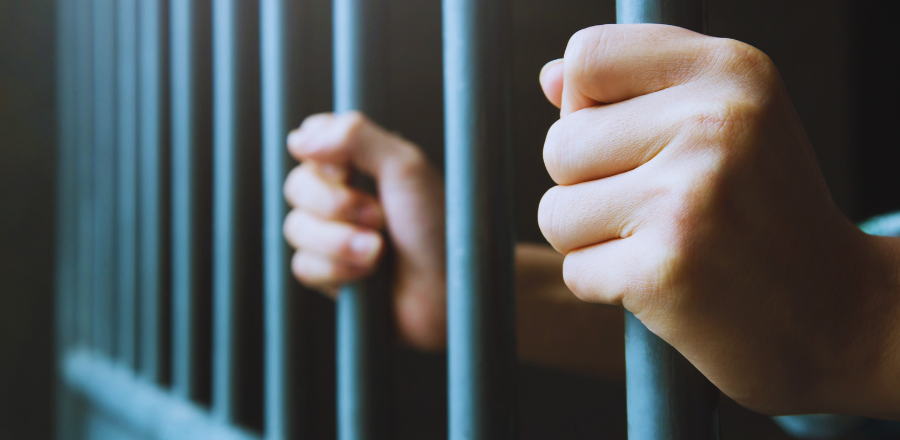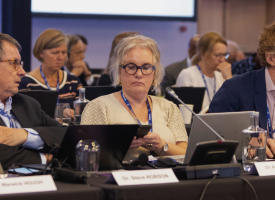Recommendation to raise minimum age of criminal responsibility welcomed
Australia’s peak medical and legal bodies have welcomed the findings and recommendations of an Australian Human Rights Commission report into Youth Justice, which include raising the minimum age of criminal responsibility from 10 to 14 years.

The National Children’s Commissioner’s report, ‘Help way earlier!’ How Australia can transform child justice to improve safety and wellbeing, was presented to the Commonwealth Attorney-General on Tuesday.
In her report, Children’s Commissioner Anne Hollonds investigates reforms to child justice and related systems in Australia to improve the wellbeing of children at risk of or in contact with the justice system.
The report echoes a joint statement in 2019 from the Australian Medical Association and the Law Council of Australia demanding action on the “national tragedy” of jailing children as young as 10.
The AMA and the Law Council submissions during consultation on the report called for the minimum age of criminal responsibility to be raised to 14 years in all jurisdictions, and for better justice reinvestment and support for community-led diversion and support programs for young people which in turn improves community safety.
AMA President Professor Steve Robson said prison should not be a rite of passage for any child.
“The medical evidence is clear,” Professor Robson said. “Incarceration harms children mentally and impairs their physical development. Most children in prison already come from backgrounds that are disadvantaged. These children often experience violence, abuse, disability, homelessness, and drug or alcohol misuse.
“Criminalising the behaviour of young and vulnerable children creates a vicious cycle of disadvantage and increases the likelihood of ongoing experiences within the legal system.”
Australia has one of the lowest ages of criminal responsibility in the world and the imprisonment rates of Aboriginal and Torres Strait Islander Children are a national shame.
The Law Council President, Greg McIntyre SC, said this was unacceptable.
“The arrest, detention or imprisonment of a child should be used only as a last resort,” Mr McIntyre said.
“As a society, we do not allow 10-year-olds to drive, vote, board a plane unsupervised, or even open an account legally on any of the major social media platforms. Criminalising the behaviour of children as young as 10–13 results in significantly poorer life outcomes and disproportionately impacts disadvantaged groups, including those who have suffered family trauma or are victims of violence.
“Governments need to take meaningful steps towards raising the minimum age of criminal responsibility to ensure all children in Australia have the best start to life with equal opportunities to grow and thrive.”
The AMA and the Law Council are concerned about the increasing politicisation of youth justice reform, including steps to walk back existing commitments to raise the age of criminal responsibility in some jurisdictions.
The ’tough on youth crime’ stance in states and territories needs to be reframed to a position that is informed by the available evidence, human rights, focusing on child health, emotional wellbeing and supporting alternatives to custody.
Measures which divert an offending child away from the criminal justice system are proven to be far more effective at keeping communities safe by reducing the chances of repeat offending.
Contact: AMA Media: +61 427 209 753 media@ama.com.au
Contact: LCA Media: 0400 054 227 kristen.connell@lawcouncil.au



